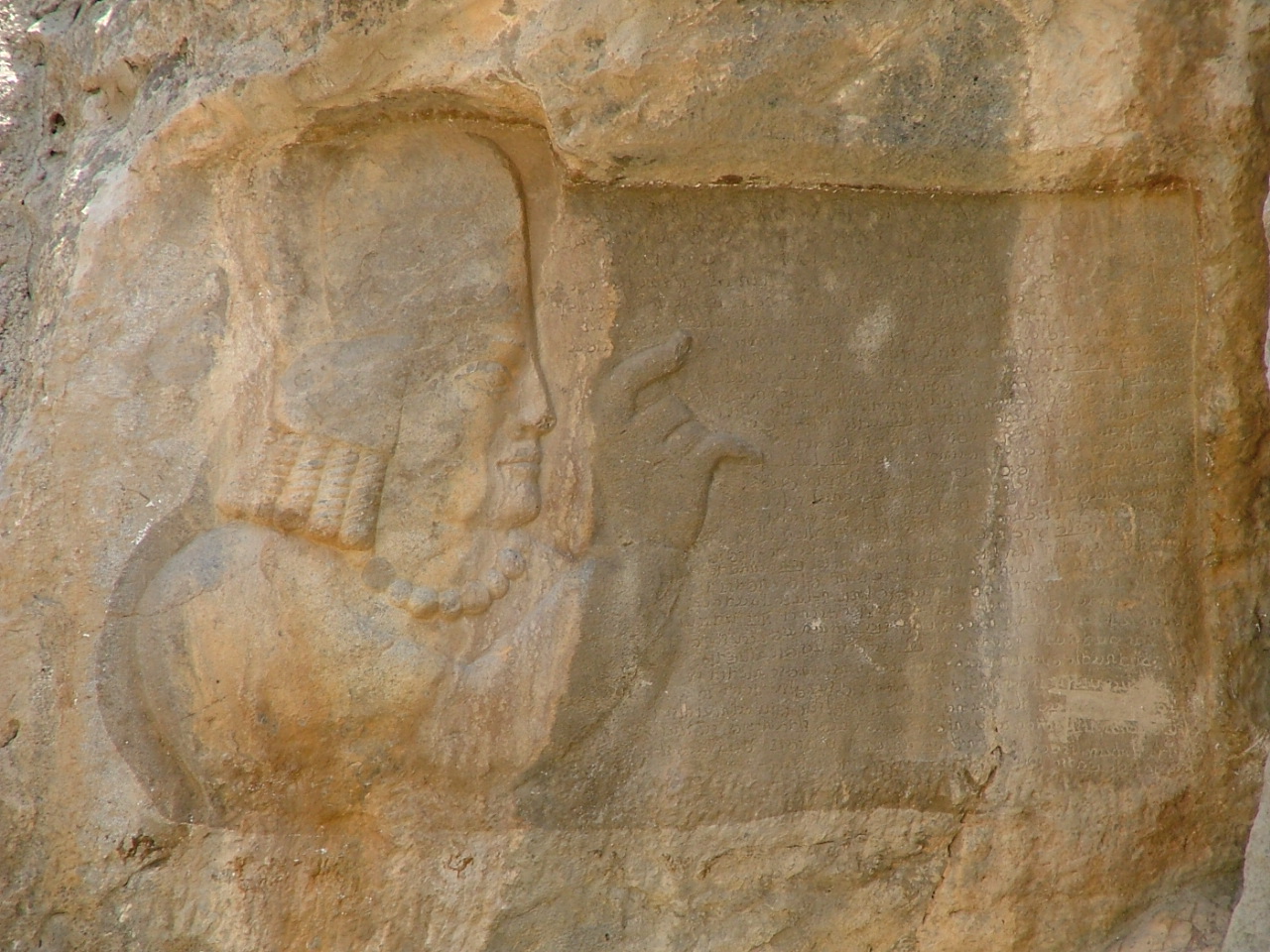Podcast episode
September 13, 2025
Episode 209: Touraj Daryaee on Zoroastrianism in the Seventh Century and Beyond

As discussed in Episode 206, with the rise and spread of the Believers’ movement, it is no longer possible to consider western esotericism as a whole without considering Mazdaism/Zoroastrianism, the ancient religion of Iran. In this episode we are delighted to speak with Touraj Daryaee, a specialist on all things Iranian, with a particular interest in the religious and political developments of late antiquity.
Among the topics discussed:
- The difference between the meanings of the terms ‘Zoroastrianism’ and ‘Mazdaism’,
- A brief summary of the state of Zoroastrianism in the Sasanian empire,
- The dearth of sources in Middle Persian, and the historical reasons for this,
- The collection of sacred Zoroastrian writings known as the Avesta, covering dating, the different sections (the oldest of which, the Gathas, goes back in part at least to the bronze age), and theological and social vision laid out in these texts,
- The idea of ‘dualism’ as the signature theological position of Zoroastrianism,
- Two offshoots religious movements – Manichæism and Mazdakism – which arise out of the Sasanian Zoroastrian milieu in our period, and
- Some reflections on the engagements between Islām and Zoroastrianism going forward, including the absorption of the Zoroastrian identity and of Zoroastrian religious modes and ideas into esoteric Islām.
Interview Bio:
Touraj Daryaee is Maseeh Chair in Persian Studies & Culture in the History department at University of California, Irvine. He has published and spoken widely on such topics as ancient and medieval Iranian history, Iranian languages and literature, Zoroastrianism/Mazdaism, and more.
Works Cited in this Episode:
The Zoroastrian scriptures can be accessed in a number of English versions. http://www.avesta.org/ is a huge resource, which includes English translations; we cannot vouch for the accuracy of everything here, though.
For Kerdir’s inscriptions, see Ph. Gignoux. Les quatre inscriptions du Mage Kirdîr. Studia Iranica, 9, 1991; D. N. MacKenzie. Kerdir’s Inscription. In G. Herrmann, D.N. MacKenzie, and R. Howell, editors, The Sasanian Rock Reliefs at Naqsh-i Rustam. Naqsh-i Rustam 6, The Triumph of Shapur I, Representation of Kerdir and Inscription, number II, 13 in Iranische Denkmäler, pages 35–72. Berlin, 1989.
Themes
Christianity, Dualism, Islam, Judaism, Late Antiquity, Mandæans, Manichæism, Mazdaism, Mazdakism, Shihab al-Dīn Suhrawardī, Taṣawwuf


Daniel White
September 14, 2025
Between the 12 minute to 19 minute mark, you and your distinguished guest discussed the dating of Zoroastrian texts but I don’t recall a discussion on the person of Zoroaster himself. I am curious what Dr. Daryaee thinks about this passage from Mary Settegast’s book entitled: “When Zarathustra Spoke”
“Ancient Greek and Roman Historians ventured very few absolute dates in recounting events of great age, and yet several of them–Xanthus, Pliny, Eudoxus, Plutarch–individually and specifically gave dates ranging from 6500 to 6200 BC for the time of Zarathustra (Greek Zoroaster), the legendary Persian prophet whose missionary-borne message was said to have reached far beyond his native land.
Until quite recently, these ancient, almost mythic claims could neither be proved nor disproved. They have generally been ignored by both the Zoroastrian religion, which places its founder in the middle of the first millennium BC (c. 630 BC), and modern wester scholars, who believe that Zarathustra is more likely to have lived in the second millennium BC (c. 1500-1200 BC). But the archeological record of Iran offers little support for either of these conventional chronologies, while, as noted above, there is considerable evidence of an ideological change accompanying the spread of agriculture after 6500 BC. Our comparison of the archeology of the last half of the seventh millennium with texts from the oral tradition of ancient Persia (modern Iran) will further suggest that the leader of this new movement may indeed have been Zarathustra, living at precisely the time proffered by the Greek and Roman historians of antiquity.” pg. 9 of When Zarathustra Spoke. 2005.
Earl Fontainelle
September 14, 2025
Intriguing questions, Daniel …. watch this space. More on the great Z. to come.